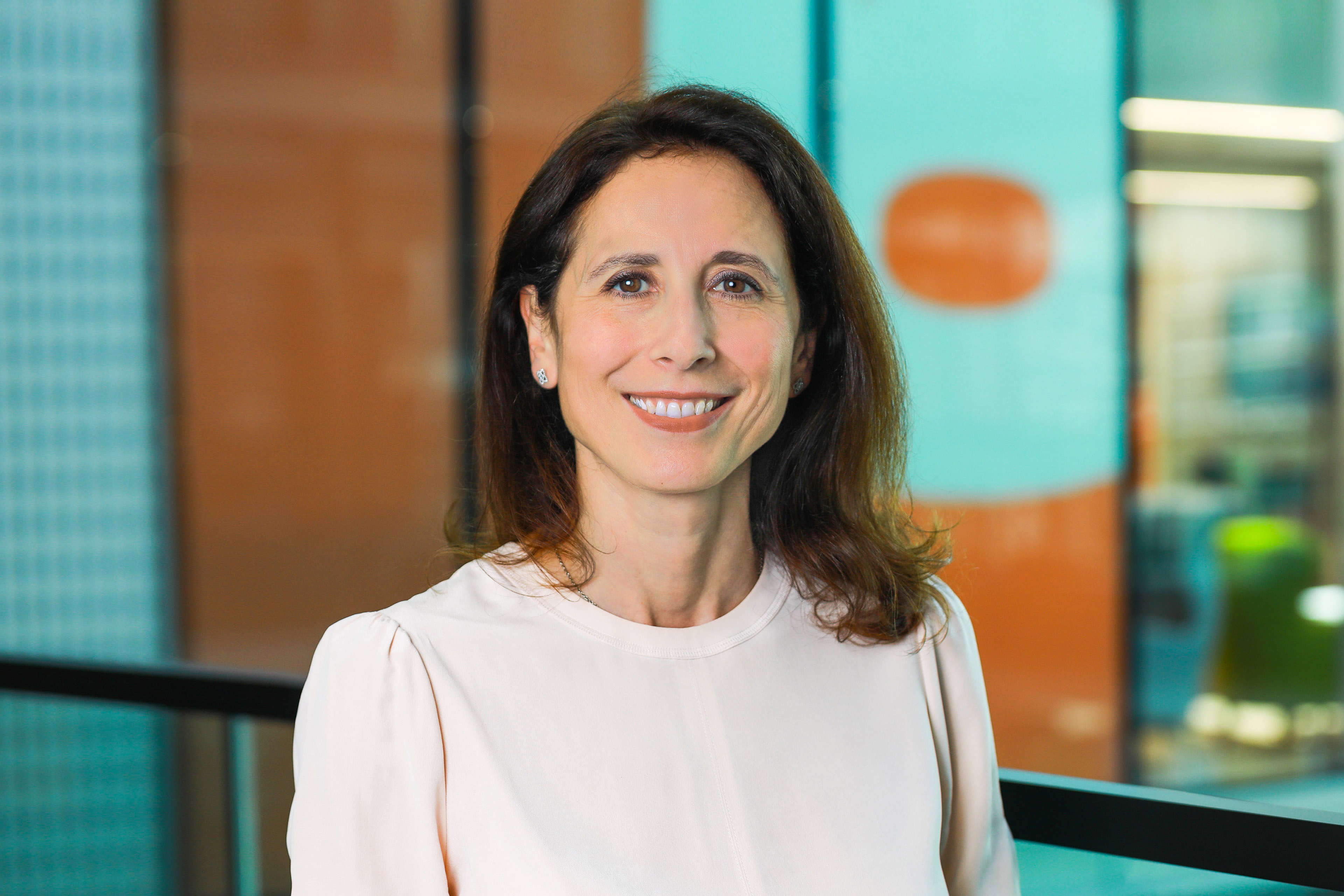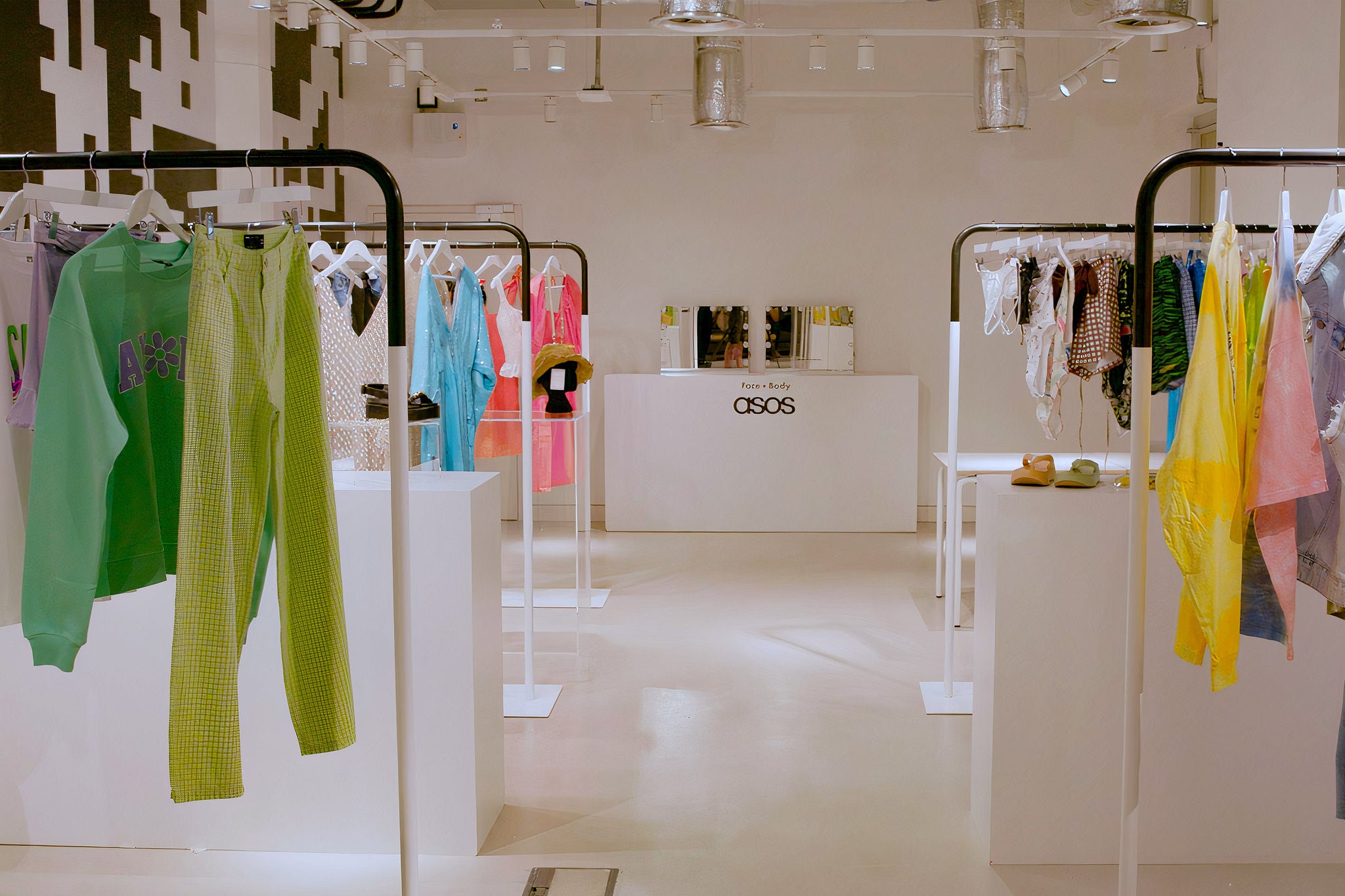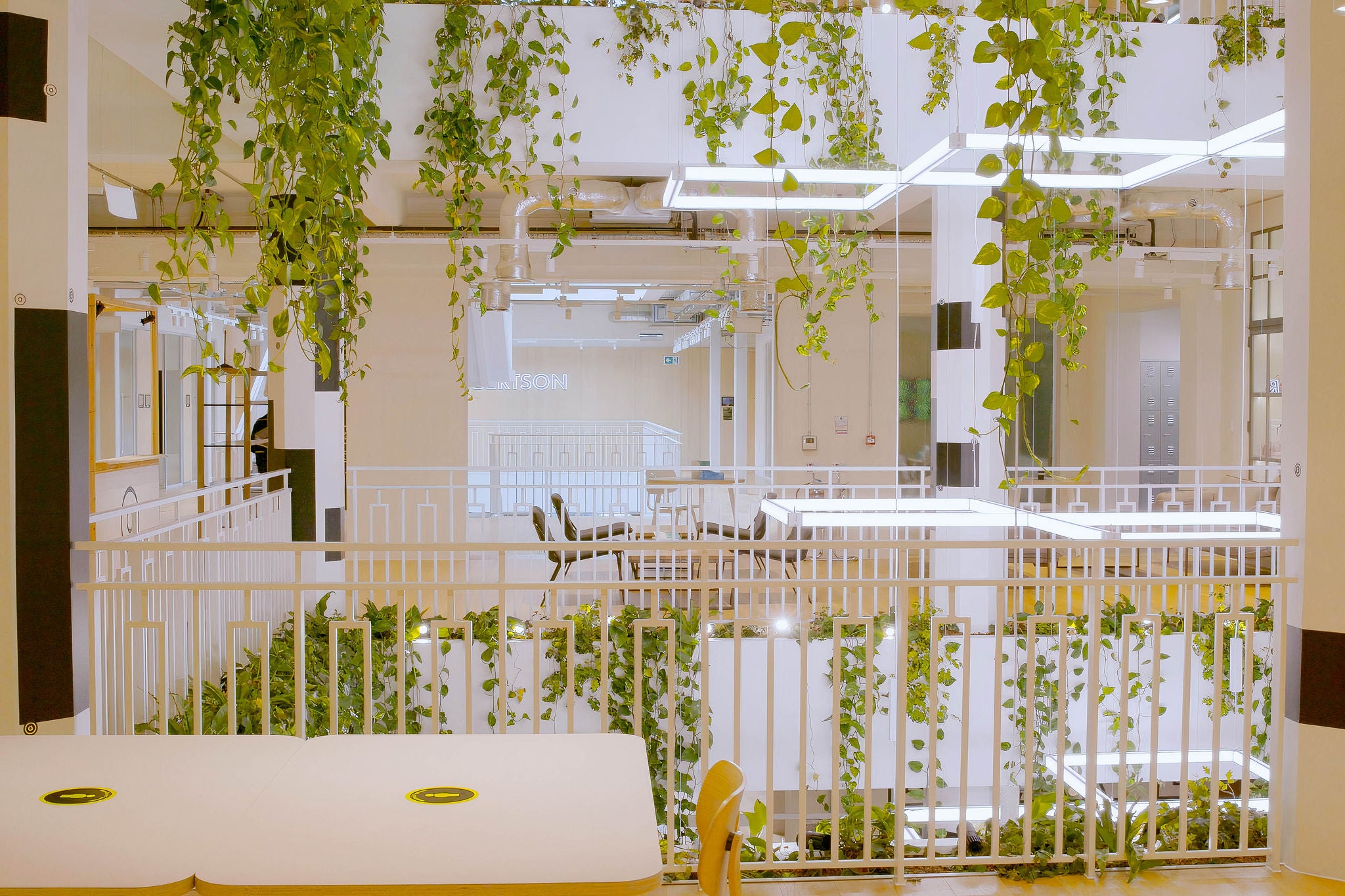ASOS incorporated the EY-Parthenon team’s findings into its three-year strategic plan, enabling it to set clear targets to achieve its ambitions. To do so, the company has established an enterprise-wide value transformation program, which EY-Parthenon is now helping it to shape.
Beighton believes one of the reasons the relationship between ASOS and EY-Parthenon teams have worked so well is that both are purpose-led organizations. “That helped build and maintain trust,” he says. “At the core of what we’re doing, we’re both aligned on achieving outcomes in a way that suits both of us. Also, when you have bumps in the road during the process, it allows you to recommit to trust. You can say, I disagree with this, you disagree with that, but actually, we both want something that’s better. So it brings you back together.”
The work of the EY-Parthenon teams has already started to bear fruit, with strong savings in cash and costs made in the first year.
As Beighton explains, it also helped enable the company to achieve a long-held ambition. “During January, the comfort we’d built in the business and the cushions we’d built in terms of greater earnings and cash flow – programs EY-Parthenon was working with us on – enabled us to buy Topshop [and other Arcadia brands],” he says. “Had we not reshaped ourselves, we would not have had the ability to buy that brand that we so dearly wanted.”
As ASOS prepares for business in a post-pandemic world, it has identified clear efficiencies and now has a smart strategic plan, making it more resilient, better prepared for the future and, ultimately, able to continue inspiring and delighting its fashion-loving 20-something customers in a way that is difficult for others to copy.









